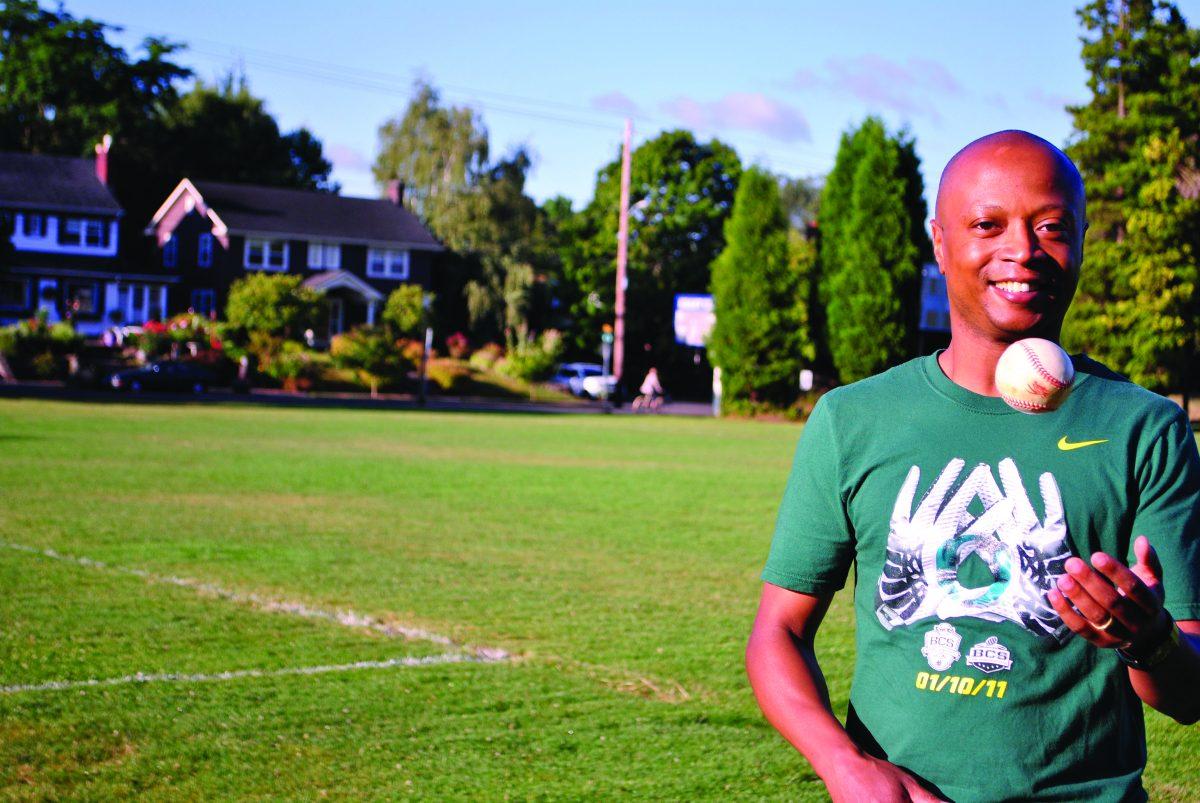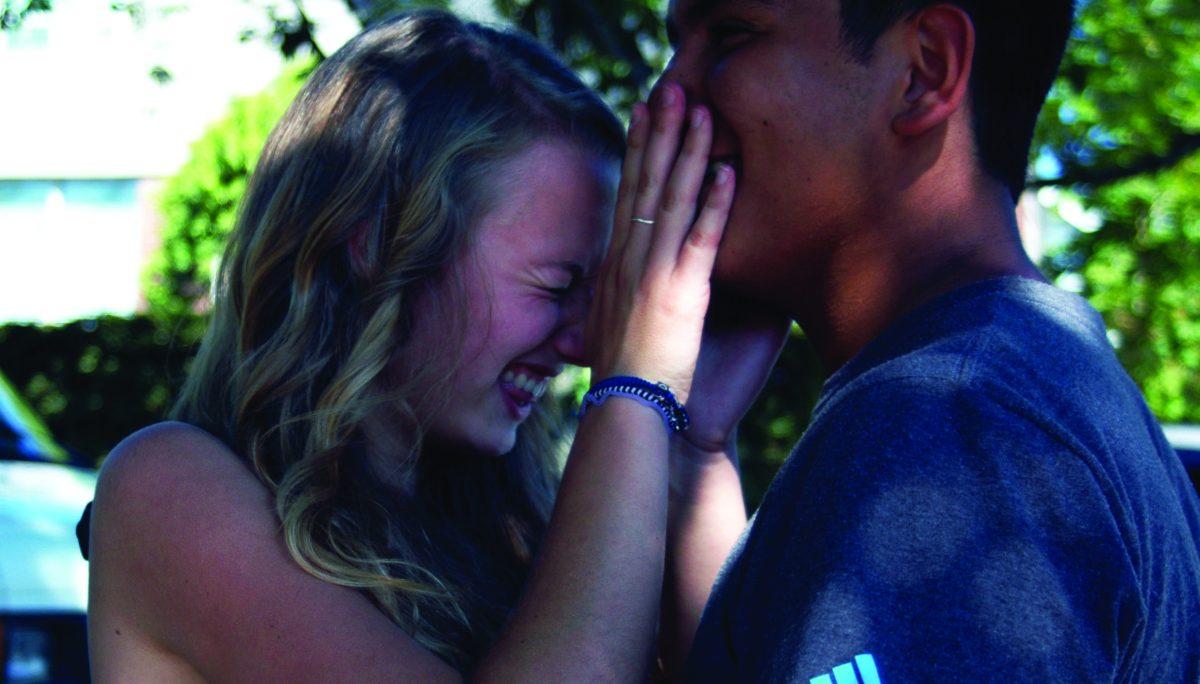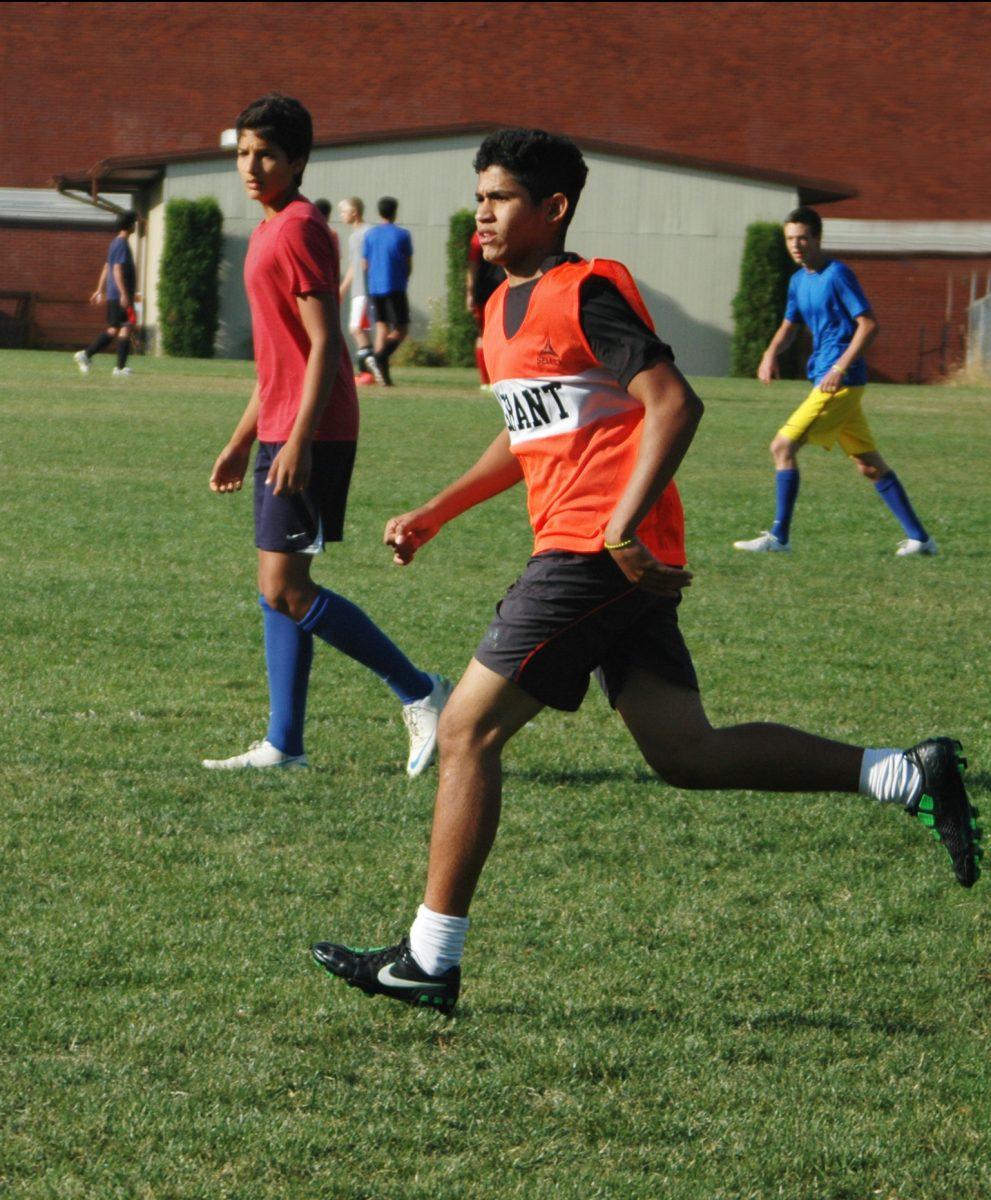Last November, I didn’t plan on writing articles for Grant Magazine. I didn’t plan on waking up in the morning and going to school. I didn’t plan on buying my family gifts for Christmas. And I didn’t plan to start looking into colleges.
All the things in my daily routine – like telling my parents that I loved them everyday or giving my little brother advice about high school – didn’t matter.
I planned only one thing: I was going to kill myself.
A year earlier as a Grant sophomore, I had lost all of my closest friends and felt alone. I’d eat lunch in the quiet corners of stairwells. Sometimes, I’d go to my mom’s salon and eat in the spare room. When I’d get home and sign on to social-networking websites, the messages were there waiting.
They’d say I was fat. They’d call me ugly. Slut. Bitch. Bulimic. The words all blended together into a string of hatred. I was being bullied and felt so isolated.
I used to feel confident and cared about by others. In this new reality, that wasn’t the case. I couldn’t escape the feeling of loneliness and couldn’t help but feel like those messages were true. Crying myself to sleep became a common bedtime routine.
My parents and family knew I was going through a tough time. But they encouraged me to go to school. When I went to my counselor, she didn’t know what to do except sit down with the girls and talk it out. Like a lot of people who are bullied, I was afraid of the backlash. Outing them would only give them more reason to ostracize me.
I begged my parents to allow me to switch schools. I wanted to move or even be home schooled. Anything but going back to Grant. They said these problems were temporary and I just had to find the right group of people to support me.
Junior year rolled around and I started out new, hoping to gain a fresh start. I fell in love and got a new group of friends. I met most of them through friends of my new boyfriend. It was like karma had kicked in, rewarding me for suffering through my sophomore year. But about two months into school, my relationship abruptly ended.
I began flashing back to last year, recalling how I wound up losing my friends. They all had turned on me and harassed me. I was terrified that the new group I was in would side with my ex, and I’d have more people hating me. I would have to repeat the same social traumas as I did last year. I would have no one, again.
No matter how hard I fought, the stress took its toll on me. Anxiety attacks struck many times a week, making it difficult to focus and feel in control. One night, I was having an intense anxiety attack. All I could do was feel how much I hated myself. After all, there had to be a reason to feel this way, considering it seemed like everyone else did. There had to be a reason why people kept leaving me without thinking twice.
That’s when I took a pair of scissors to my arm.
‘You’re horrible. Nobody cares about you. You’ll always be alone,’ I thought to myself, pressing the blade against the soft side of my wrist. Unsure if I was able to face death yet, I cut small, horizontal lines lightly down my forearm. I cried, knowing what I had done was wrong, but I felt I deserved it.
The pain, though, calmed me emotionally. It was like I had a finite amount of pain in my body. And the more I cut, the physical outweighed the emotional. This allowed me to control my pain. There was power in cutting.
This way of regulating my emotions didn’t stop my suicidal thoughts. I looked up ways to kill myself. I started writing good-bye notes to my family and my best friend, who attends another school. They were the only people I felt deserved a proper goodbye.
But I got lucky. My parents saw the changes in me when others didn’t. They looked at my computer and saw the extent to which I was really hurting. We sat down together and talked about how I could get out of this place. Getting help wouldn’t work unless I was willing to accept it, they said. I decided to try.
Only my parents and therapists knew about my cutting, panic attacks and suicidal thoughts. I kept it from my brother, my friends and extended family. After going five weeks without cutting (my parents kept sharp objects away from me and I began to seriously practice coping techniques offered by my therapist), I reached an edge one night. I sent my best friend texts, telling her how sick of life I was and how everything seemed so pointless. She called me and asked what was wrong. I told her about everything that happened and she started crying.
“I can’t imagine losing you,” she told me. “I hate that these stupid people who shouldn’t even matter did this to you.”
What struck me most at the time was that someone who wasn’t obligated cared about me. She wanted me to be alive. I admit there were times when I thought that killing myself would teach people who hurt me a lesson. But this conversation made me realize I wasn’t alone or worthless. If someone else wanted me around, I should too.
I didn’t plan on applying to colleges, getting emails about a budding modeling career, swimming in rivers with my friends, going to concerts or being an editor on this award-winning magazine. But here I am.
What I learned is that you should never give up, no matter how hard life is and no matter what anyone tells you. You deserve as much of a chance as anyone else to be happy and successful.
Looking back on these last two years, the thing that stands out most is how alone I felt. I noticed teachers’ and students’ eyes locking on to the scars on my arm, but they wouldn’t say anything. People chose to look in the other direction. We don’t talk about student mental health enough. We don’t take the steps to open up to each other about these feelings. Clearly, there’s a large stigma around the topic.
If I see a peer struggling or if they have suspicious marks on them, I’m going to step in. I don’t want it to happen to me or anyone else ever again. I’m going to make sure to show others that I care. Can you please do the same? ♦
Click here for more Thoughts pieces.






























